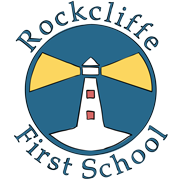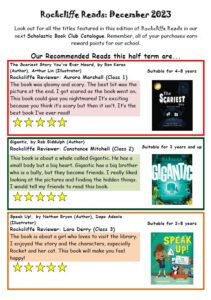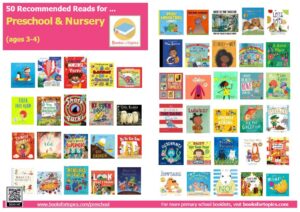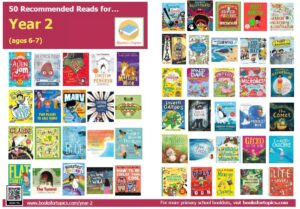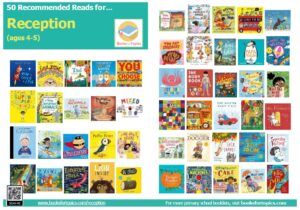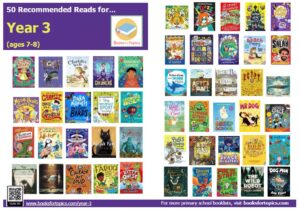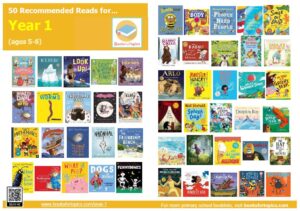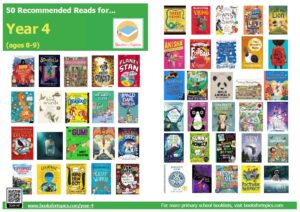English
Our English Curriculum
At Rockcliffe, we aim to develop confident readers who enjoy reading a diverse range of texts and are challenged to develop their reading skills, whilst also promoting a positive attitude towards reading and a love books. We understand that reading covers decoding, comprehension and fluency.
As the Reading Framework states, ‘Literature is the most powerful medium through which children have a chance to inhabit the lives of those who are like them… children also need to learn about the lives of those whose experiences and perspectives differ from their own.’ We have therefore organised units of work around motivating books and texts. The texts might be a specific book, a play or poem, or with older children, a specific genre. Good-quality texts provide opportunities for children to be engaged in work across the National Curriculum programmes of study for English. Good, text-based, whole-class teaching provides opportunities for learning and reinforcing:
- Word reading – as children encounter unfamiliar words grammar and punctuation – through seeing them in context and considering how they are employed for effect;
- Comprehension – through listening to, reading, and discussing challenging texts;
- Vocabulary and spelling – by encountering new language;
- Spoken language through participating in discussions about books, learning from both specific language modelled by the teacher and also that of their peers.
Wherever possible, we try to create cross curricular writing opportunities, as we believe that in order for children to see themselves as successful writers they need to be able to apply their skills to a range of different contexts and for different audiences. We believe that this not only produces higher quality writing, but allows our learners to:
- Write with confidence, clarity and imagination;
- Understand and apply their knowledge of phonics, grammar and spelling accurately;
- Understand how to write for a range of purposes and audience, in a range of genres (including fiction, non-fiction and poetry), using the appropriate style, structure and features;
- Plan, draft, revise and edit their own work, and learn how to self and peer assess against the success criteria;
- Develop a technical vocabulary through which to understand and discuss their writing;
- Develop their imagination, creativity, expressive language and critical awareness.
